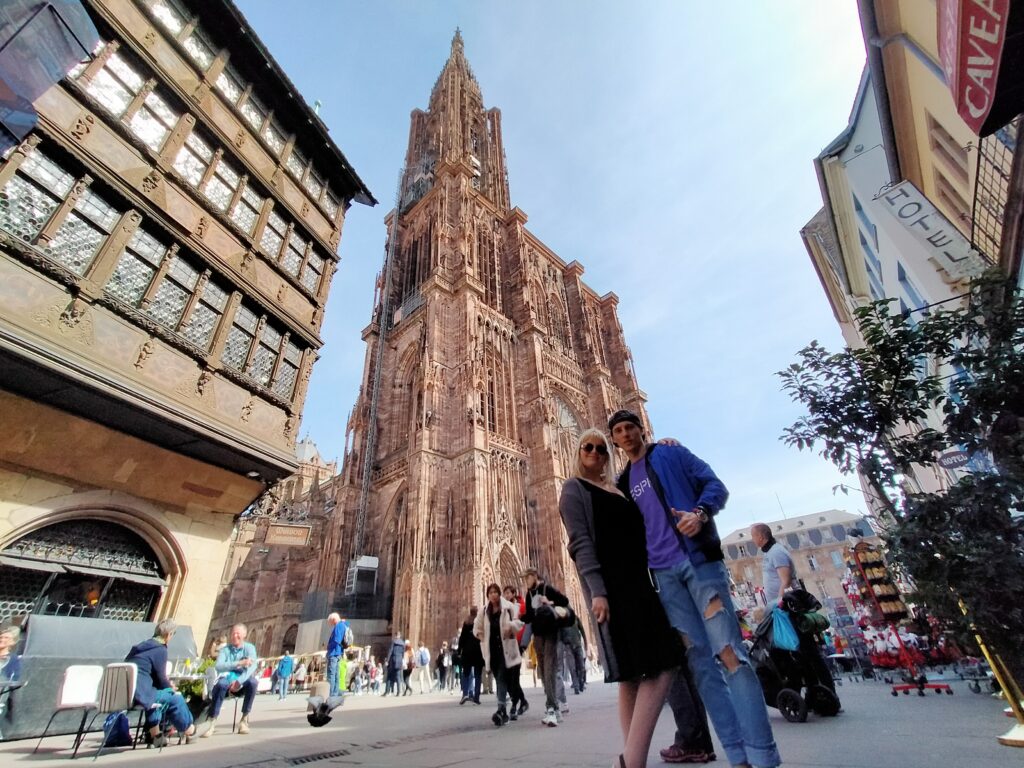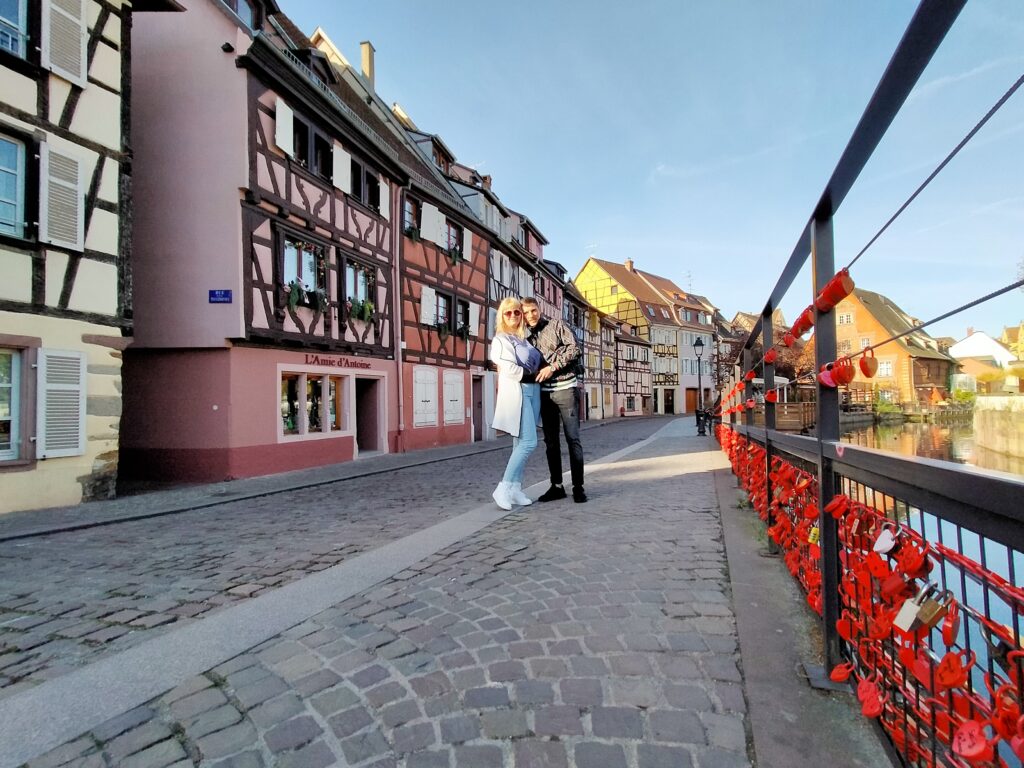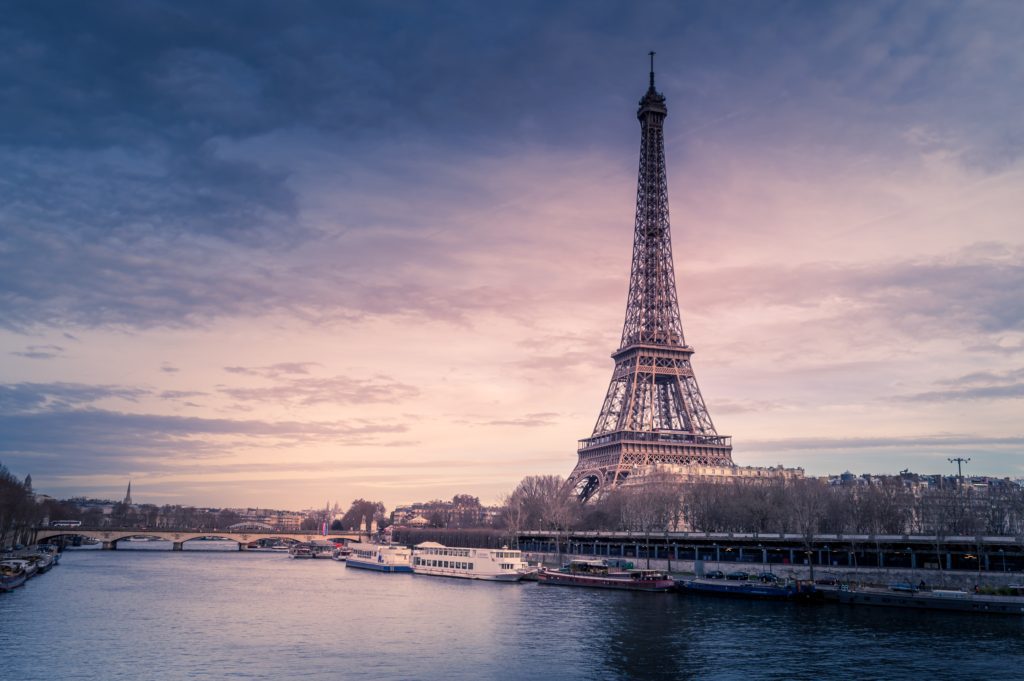Cities on France - history, art,rich culture and delicious food
Before visiting the 22 countries and really discovering our passion for traveling, we thought for the first time to take a vacation together. Our first couple’s vacation was in Paris and we will definitely never forget it. The city of lovers was beautiful and paved the way for our love for travel … Apart from the capital, of course, France has many beautiful cities and villages worth visiting. Since then we have visited the cities of Annecy, Colmar, Riquevir and Strasbourg. Stay with us and read the travel guides to find out the secrets to saving, as well as valuable tips on hotels, transportation and restaurants.
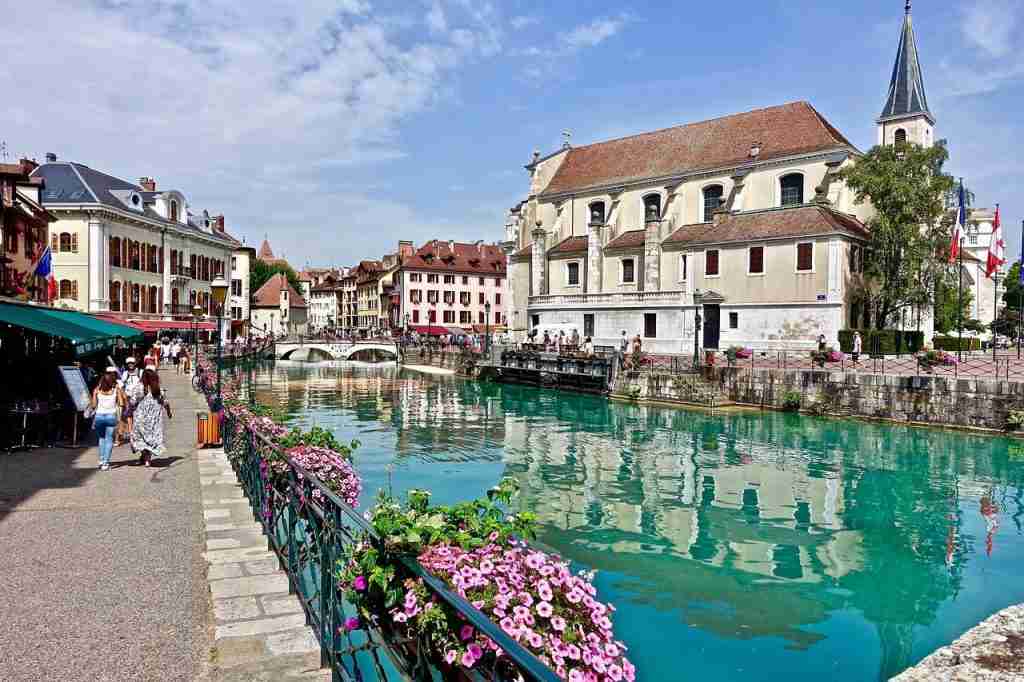
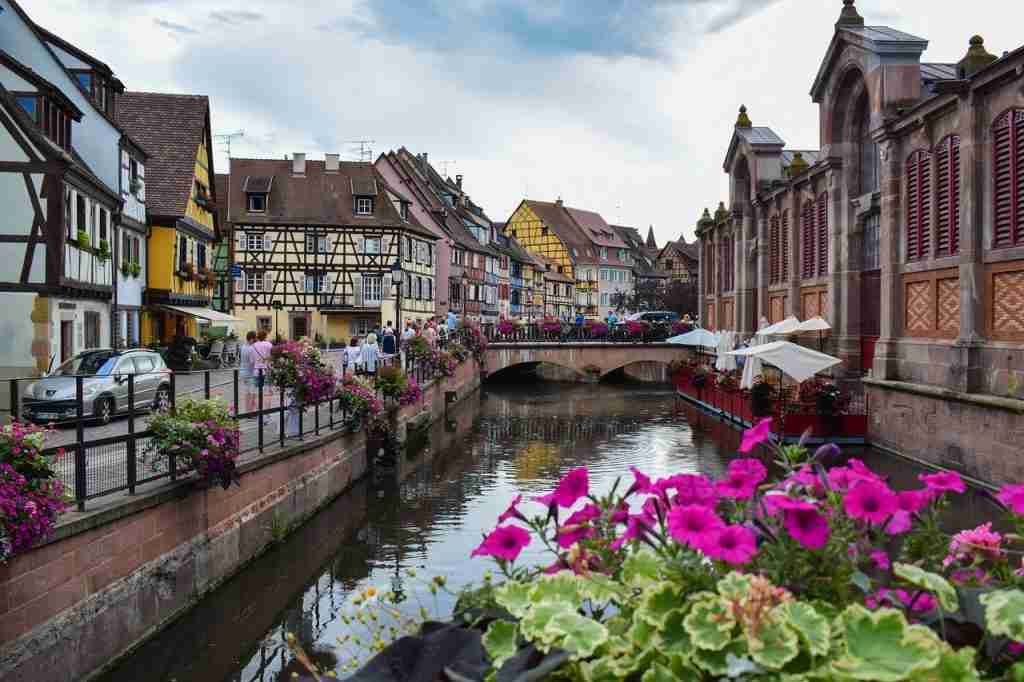
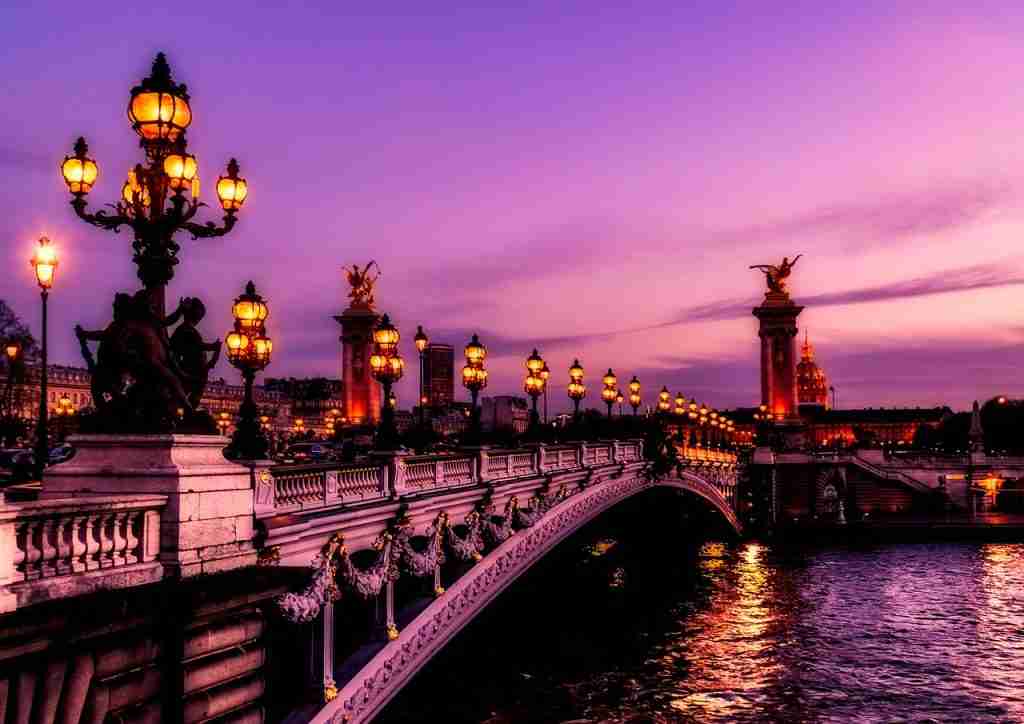
Subscribe to our newsletter
France (French: is a country primarily located in Western Europe. It also comprises of overseas regions and territories in the Americas and the Atlantic, Pacific and Indian Oceans Its metropolitan area extends from the Rhine to the Atlantic Ocean and from the Mediterranean Sea to the English Channel and the North Sea; overseas territories include French Guiana in South America, Saint Pierre and Miquelon in the North Atlantic, the French West Indies, and many islands in Oceania and the Indian Ocean.
Due to its several coastal territories, France has the largest exclusive economic zone in the world. France borders Belgium, Luxembourg, Germany, Switzerland, Monaco, Italy, Andorra, and Spain in continental Europe.Its eighteen integral regions (five of which are overseas) span a combined area of 643,801 km2 (248,573 sq mi) and contain close to 68 million people (as of July 2022).
France is a unitary semi-presidential republic with its capital in Paris, the country’s largest city and main cultural and commercial center; other major urban areas include Marseille, Lyon, Toulouse, Lille, Bordeaux, and Nice. Inhabited since the Palaeolithic era, the territory of Metropolitan France was settled by Celtic tribes known as Gauls during the Iron Age. Rome annexed the area in 51 BC, leading to a distinct Gallo-Roman culture that laid the foundation of the French language. The Germanic Franks formed the Kingdom of Francia, which became the heartland of the Carolingian Empire.
Inhabited since the Palaeolithic era, the territory of Metropolitan France was settled by Celtic tribes known as Gauls during the Iron Age. Rome annexed the area in 51 BC, leading to a distinct Gallo-Roman culture that laid the foundation of the French language. The Germanic Franks formed the Kingdom of Francia, which became the heartland of the Carolingian Empire.
France reached its political and military zenith in the early 19th century under Napoleon Bonaparte, subjugating much of continental Europe and establishing the First French Empire. The French Revolutionary and Napoleonic Wars shaped the course of European and world history. The collapse of the empire initiated a period of relative decline, in which France endured a tumultuous succession of governments until the founding of the French Third Republic during the Franco-Prussian War in 1870. Subsequent decades saw a period of optimism, cultural and scientific flourishing, as well as economic prosperity, known as the Belle Époque.
France was one of the major participants of World War I, from which it emerged victorious at a great human and economic cost. It was among the Allied powers of World War II but was soon occupied by the Axis in 1940. Following liberation in 1944, the short-lived Fourth Republic was established and later dissolved in the course of the Algerian War. The current Fifth Republic was formed in 1958 by Charles de Gaulle. Algeria and most French colonies became independent in the 1960s, with the majority retaining close economic and military ties with France.

